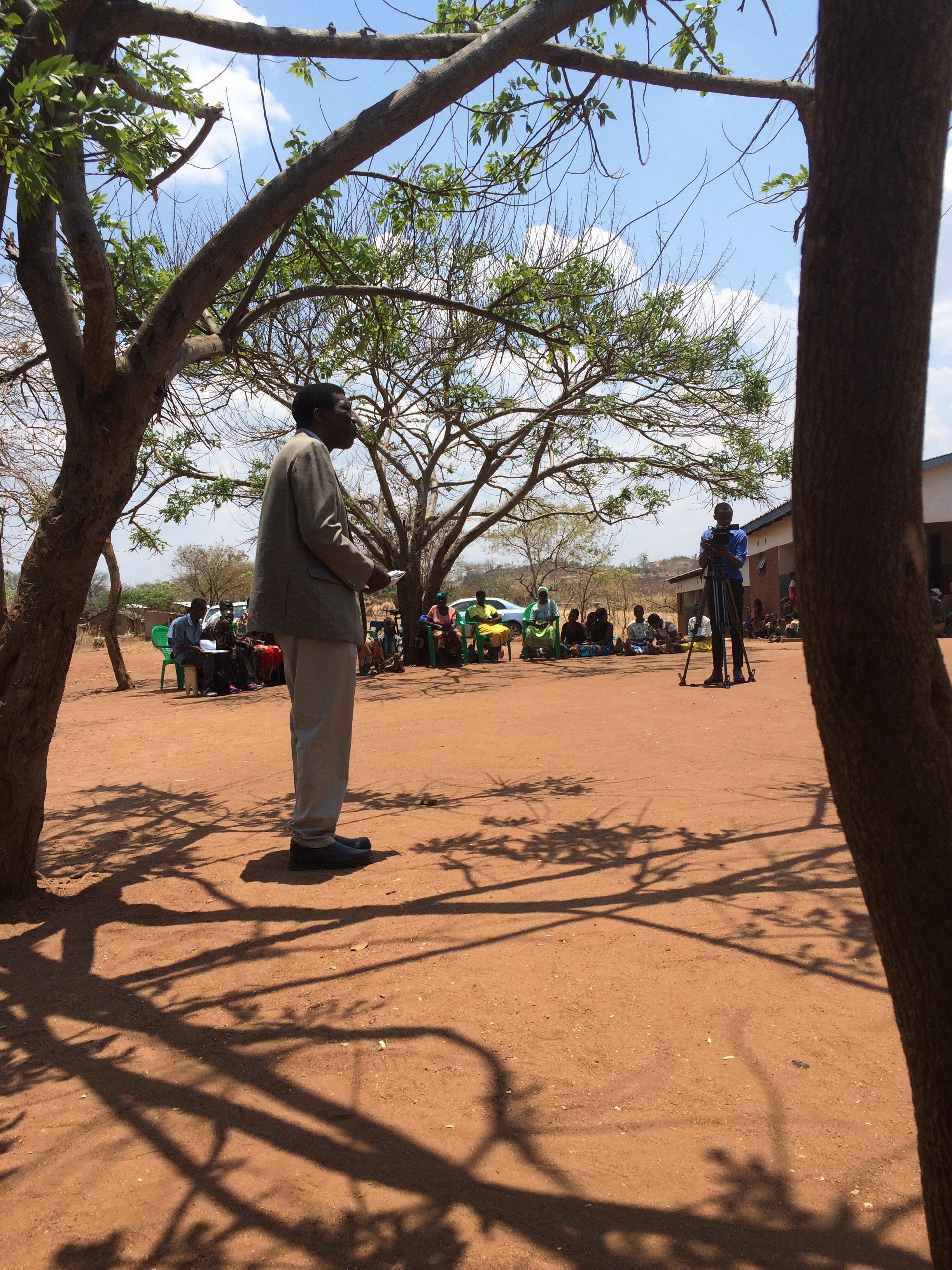
Researchers at LSTM have collaborated with colleagues at the REACH Trust to carry out the first study looking at the prevalence of chronic respiratory symptoms in rural Malawi to improve the rates of diagnosis and treatment for tuberculosis (TB) and chronic airways disease.
The team, including Hastings Banda of the REACH Trust, Professor Bertie Squire, Rachael Thomson and Dr Kevin Mortimer of LSTM, carried out a population based, cross-sectional study in two rural communities in the country the results of which have been published in the journal PLOS One. Data and interviews were collected from 15795 people to record those who report symptoms of chronic cough, wheeze and shortness of breath. Professor Squire said: “Both non-communicable chronic respiratory diseases and TB cause a major burden that challenges public health in developing countries. The non-communicable chronic respiratory diseases are challenging to diagnose, require life-long treatment and are on the increase globally. Our study is the first to document the prevalence of symptoms suggestive of these conditions in rural Malawi, and we found that nearly a quarter of participants reported symptoms over the recording period.”
22.5% of participants reported at least one respiratory symptoms. Persistent coughs lasting more than 3 weeks were the most commonly reported symptoms followed by shortness of breath and then wheezing. While Malawi has a well-established TB control programme, only 10-20% of patients at primary care centres with persistent coughs have TB. Most will likely have non-communicable, chronic respiratory conditions and the lack of diagnosis is accompanied by a lack of treatment options.
“These findings reflect the substantial challenges faced by primary health care systems in developing countries with respect to the management of asthma, COPD and other chronic respiratory diseases.” Mr Banda said: “The high prevalence of symptoms combined with limited resources for diagnosis indicates an unmet health need and argues strongly for the piloting of health service delivery improvements at a primary care level. This year we have also published evidence that engaging community volunteers at primary care level improves HIV diagnosis and anti-retroviral therapy uptake (ref), so we plan to use this experience in piloting service delivery improvements for chronic lung disease.” Dr Mortimer said, “I am delighted that REACH Trust is part of LSTM’s NIHR Global Health Research Unit on Lung Health and Tuberculosis in Africa, which is taking up the challenge of addressing this a health need which so badly affects the rural poor.” More information on this Unit can be found here
You can read the full publication here, and the previous work on community engagement for TB and HIV here.